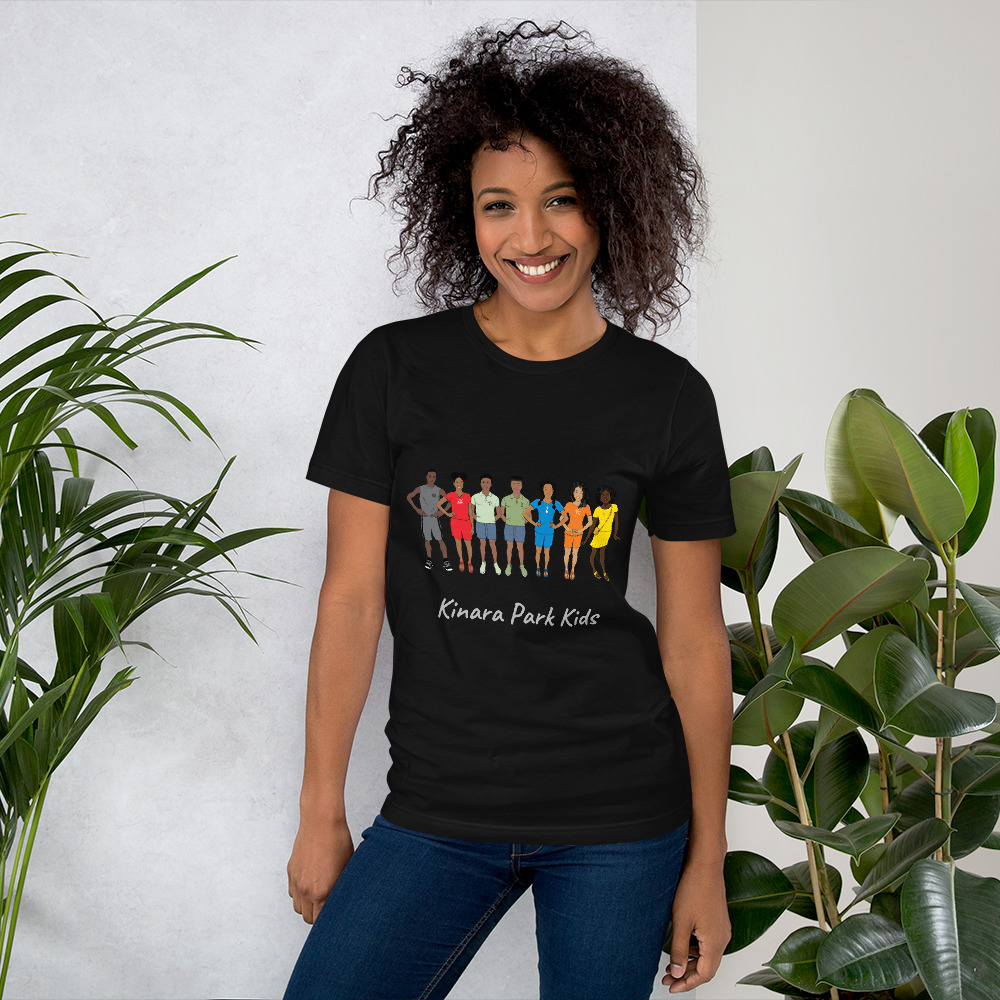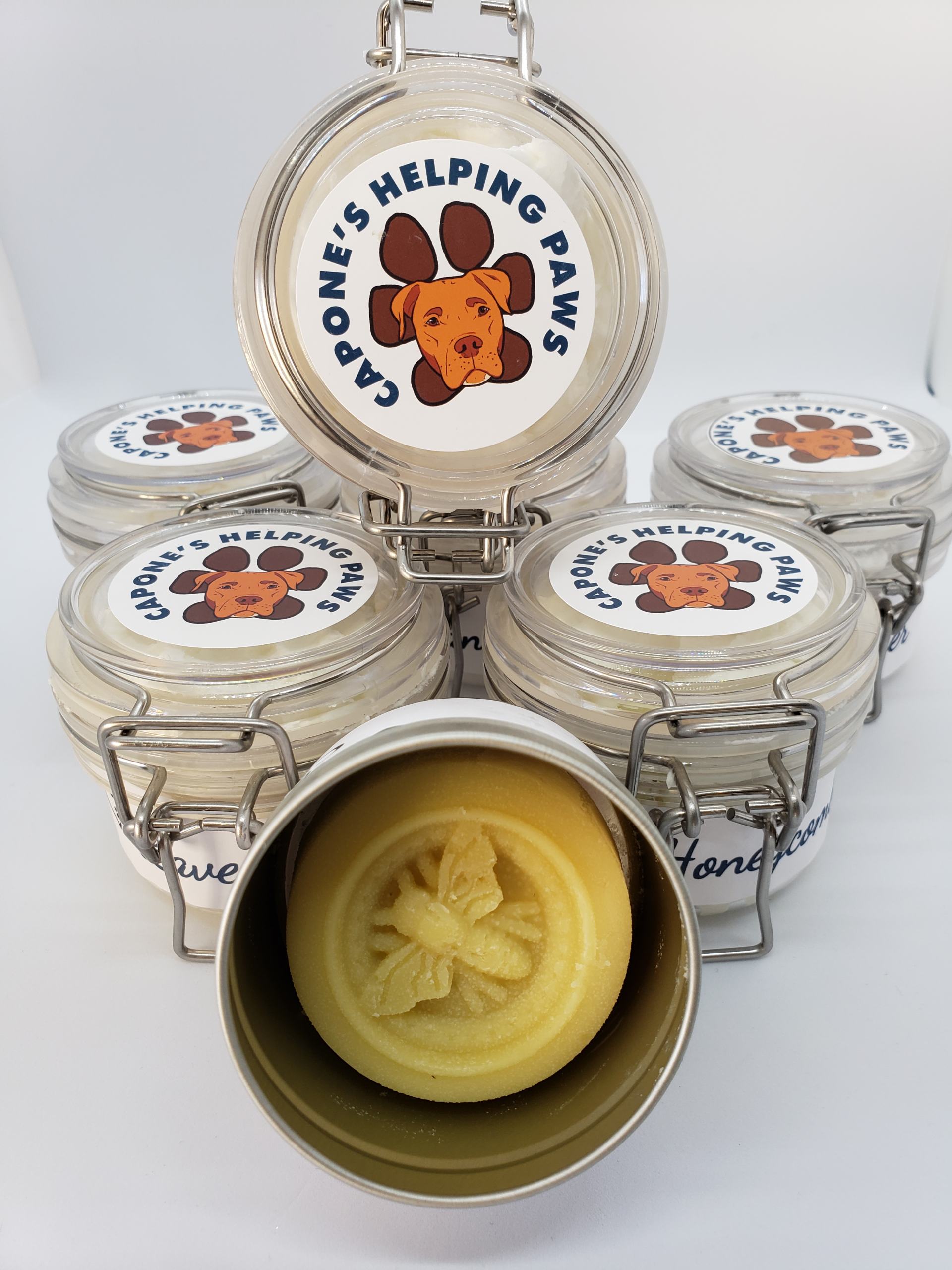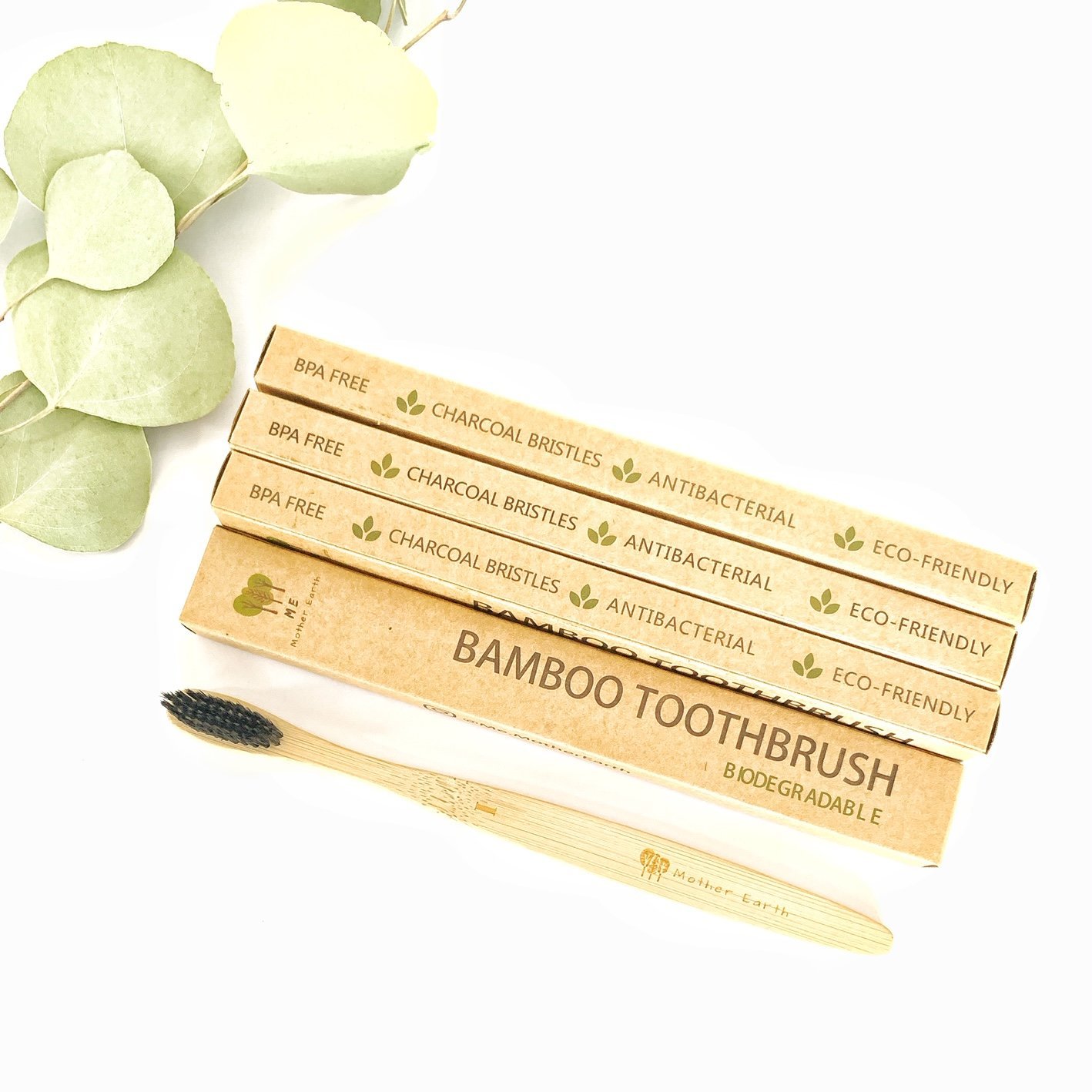
The African-American community continues to thrive and reach new leaps of success despite labels placed on them. When faced with discrimination and economic struggles, the African-American community stands together and refuse to let anything hold them back from great achievements. One might ask what exactly are the values and ideas keeping this community’s spirit alive.
For Noni Ervin, creator of Kinara Park Kids, she would draw attention to the seven principles of Kwanzaa. Kwanzaa is an African-American cultural holiday that is celebrated from December 26th to January 1st.
Kwanzaa encourages the African-American community to focus on these seven important principles to maintain pride in their culture, community and family.
These principles are:
umoja (unity)
kujichagulia (self-determination)
ujima (collective work and responsibility)
ujamaa (cooperative economics)
nia (purpose)
kuumba (creativity)
imani (faith)
Here’s Noni to explain how and why these attributes are an important part of her clothing line for kids:

Like every other parent, I was back to school shopping again. This particular year, I was shopping for my son who was heading into the big 5th grade. I came across these really cool shirts in the department store that had silhouettes of kids–lots of kids. I was on my way to pick out his size, but as I moved closer, I saw that the silhouettes of kids (even though there were a lot of kids on the t-shirt), none of them looked like my son. I was very disappointed and so confused. How could there be that many kids but none of them represent my child?
I did not buy that shirt and I eventually wandered out of the store, stuck in thought “how could they not include even one silhouette to represent my son? Especially in today’s age where kids arguably need more reassuring affirmations than ever?!” There has to be a solution.
As I continued to think I wondered how many other families were affected by these shirts? I wanted something for my kids–I have two (2) boys. I wanted something for my friend’s kids, and she has both boys and girls. Together, we represent elementary to high school, and there had to be a solution for us. To my disappointment, there was nothing readily available.
So I began spinning my wheels with ideas on how to help children like my own to feel “included” & empowered! What if we could create something that would have silhouettes that our kids could relate to? As well as provide a positive message/movement in our community. That’s when Kwanzaa and its principles came to mind. Then it hit me! What if I add Kwanzaa into what I am creating, what if each of the principles were a silhouette? Better yet, what if they were a kid and they were all friends…

Neither my husband or I grew up celebrating Kwanzaa, but I remember the kinara (candle holder) and the red, black and green candles when I was a little girl. We were reading about the origination and intent of the holiday, and the more we read about the principles, the more we wanted to bring it into our own family’s traditions.
Then it hit me! What if I add Kwanzaa into what I am creating, what if each of the principles were a silhouette? Better yet, what if they were a kid and they were all friends…
Kwanzaa principles:
Umoja (Unity),
Kujichagulia (Self-Determination),
Ujima (Collective Work & Responsibility),
Ujamaa (Cooperative Economics),
Nia (Purpose),
Kuumba (Creativity) and
Imani (Faith).
From here, Kinara Park Kids was born. No longer will my children or any other child that looks like mine be outcast. I am here to build unity in our community and find it my duty to fulfill this purpose.
Please join me on this journey in helping empower our youth with the Kinara Park Kids



